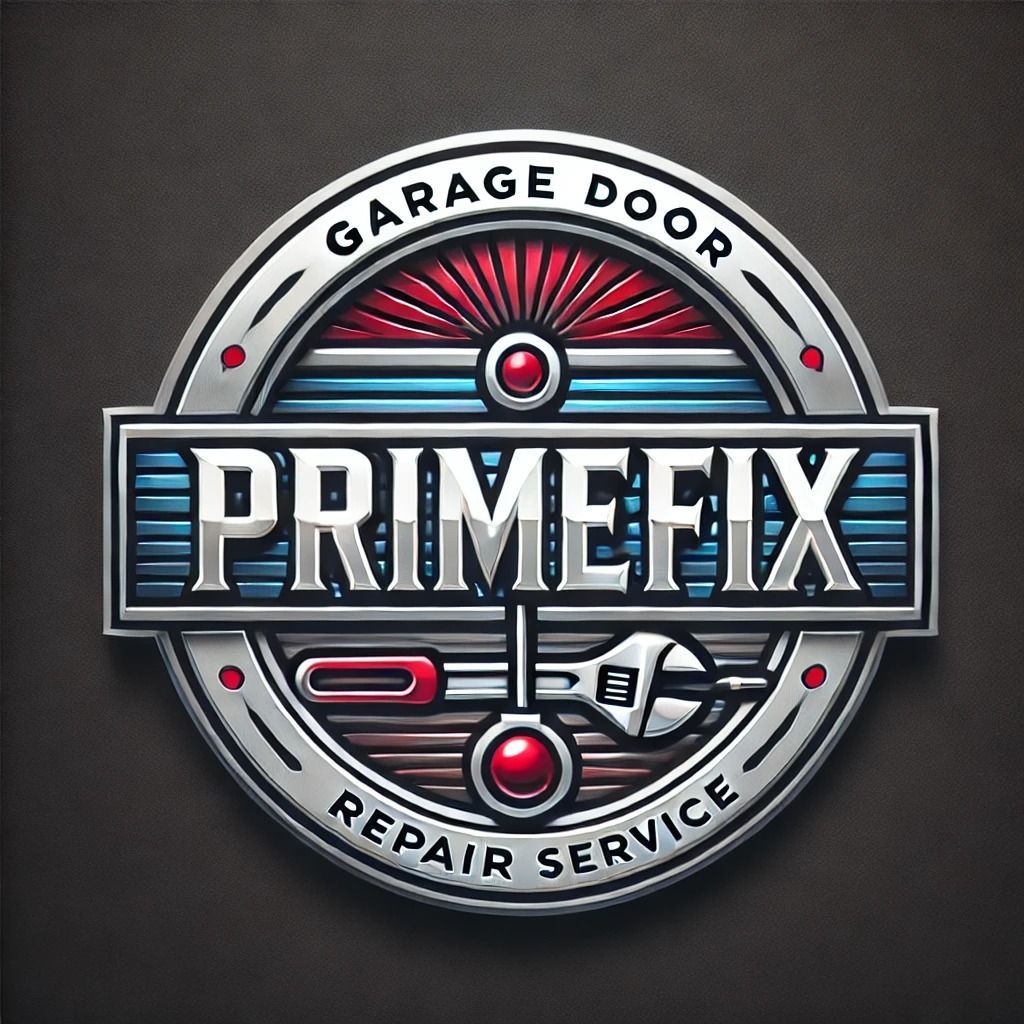Garage Door Torsion Springs Repair
Garage doors are essential components of modern homes, providing security, convenience, and aesthetic appeal. Central to their smooth operation are torsion springs, which bear the weight of the door and facilitate its seamless movement. Understanding the function, maintenance, and repair of these springs is crucial for homeowners, especially those in Richmond Hill, Ontario, seeking reliable services.
Understanding Garage Door Torsion Springs
What Are Torsion Springs?
Torsion springs are tightly wound coils of metal positioned horizontally above the garage door opening. They store mechanical energy when twisted, counterbalancing the door's weight during opening and closing cycles. This mechanism ensures that the door operates smoothly, whether manually or with an automatic opener.
How Do They Work?
When the garage door closes, the torsion springs wind up, accumulating potential energy. Upon opening, this energy is released, aiding in lifting the door. The springs' tension is precisely calibrated based on the door's weight and size, ensuring balanced and efficient operation.
Types of Garage Door Springs
While torsion springs are common, it's essential to recognize the different types of springs used in garage doors:
Torsion Springs
- Standard Torsion Springs: Used in residential garage doors, mounted above the door opening.
- Early Set Torsion Springs: Installed in the middle of the torsion shaft, commonly found in commercial settings.
- Steel Rolling Door Torsion Springs: Designed for heavy industrial doors, providing robust support.
Extension Springs
Unlike torsion springs, extension springs run parallel to the door tracks and extend when the door is lowered. They are typically used in smaller garage doors due to their simpler mechanism.
Importance of Regular Maintenance
Regular maintenance of garage door torsion springs extends their lifespan and ensures safe operation:
- Lubrication: Applying a silicone-based lubricant reduces friction and prevents rust.
- Inspection: Regularly check for signs of wear, corrosion, or misalignment.
- Balance Testing: Disconnect the opener and manually lift the door halfway; if it stays in place, the springs are balanced.
- Professional Tune-Ups: Annual inspections by professionals can identify and address potential issues before they escalate.
Risks of DIY Repairs
While some homeowners may consider DIY repairs, it's essential to understand the risks:
- High Tension: Torsion springs are under significant tension; improper handling can lead to severe injuries.
- Specialized Tools Required: Specific tools and expertise are necessary to adjust or replace springs safely.
- Warranty Concerns: DIY repairs can void warranties on the door or opener.
Given these risks, it's advisable to consult professionals for any torsion spring issues.
Preventative Measures to Extend Spring Lifespan
To maximize the longevity of your garage door torsion springs:
- Regular Maintenance: Adhere to a maintenance schedule, including lubrication and inspections.
- Avoid Excessive Use: Limit unnecessary opening and closing cycles to reduce wear.
- Maintain Proper Balance: Ensure the door remains balanced to prevent undue stress on the springs.
- Address Issues Promptly: At the first sign of trouble, consult a professional to prevent further damage.
Understanding the role and maintenance of garage door torsion springs is vital for homeowners aiming to ensure the safety and efficiency of their garage doors. For residents in Richmond Hill, Ontario, professional services are readily available to address any torsion spring concerns, providing peace of mind and reliable solutions.

